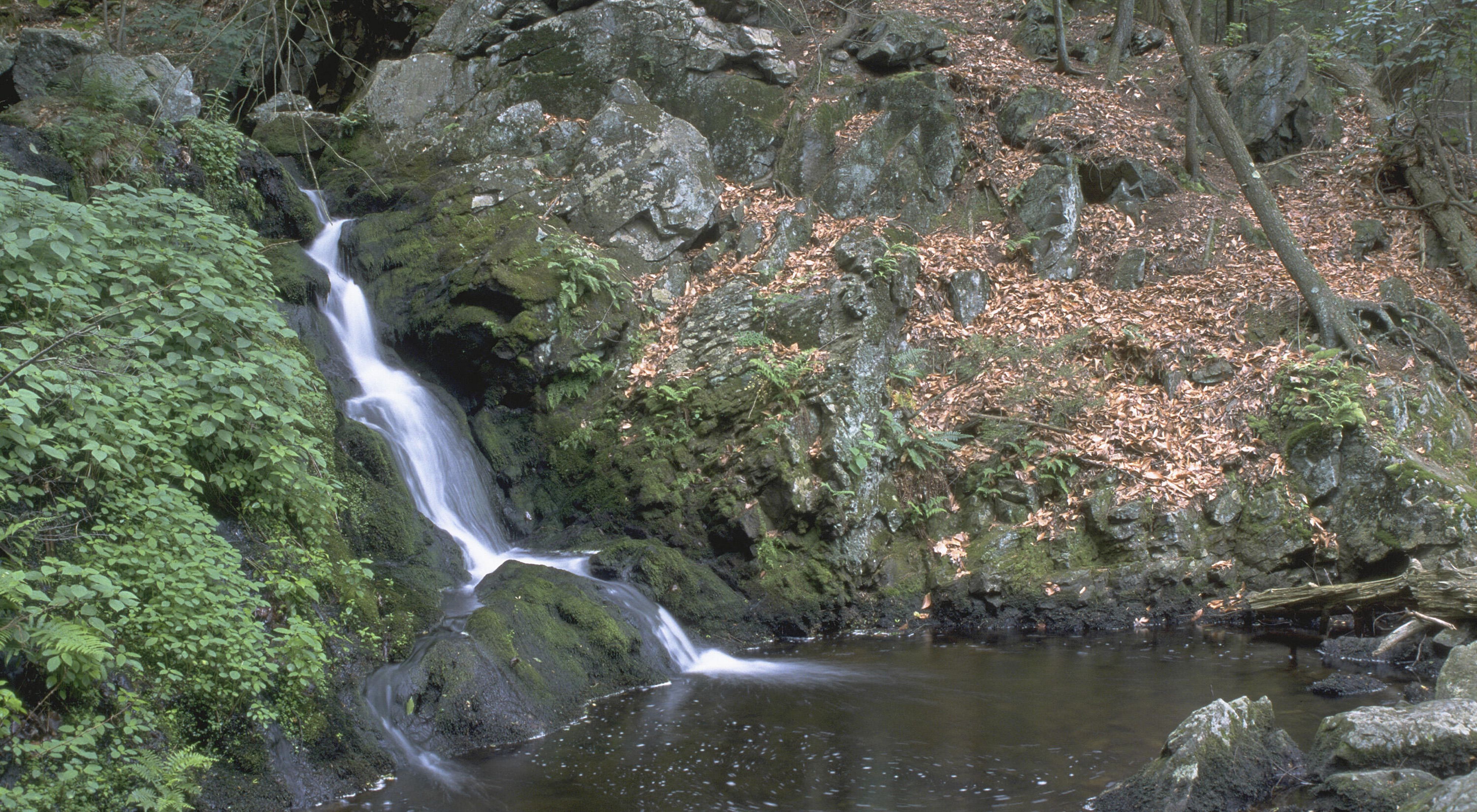CEO Statement: The Fate of the World’s Water is at Stake. We Cannot Fail.
Commenting at the onset of the UN meeting, The Nature Conservancy’s CEO Jennifer Morris said:
Media Contacts
-
Angela Olson Campbell
The Nature Conservancy
Email: angela.campbell@tnc.org
For the first time in more than 40 years, The United Nations is hosting the 2023 Water Conference. Fresh water is at the heart of the intertwined crises of climate, biodiversity, and water security. As freshwater ecosystems around the world are crashing, The Nature Conservancy calls on world leaders to invest in nature and recognize nature’s role in solving these crises.
Jennifer Morris, CEO of The Nature Conservancy:
"Today, on World Water Day, leaders from around the world begin gathering at the UN 2023 Water Conference to seek solutions for a very real and accelerating water crisis. The urgency for action is clear, but global headlines rarely reflect the outsized effects water holds for both people and nature. In fact, of the story of the climate and biodiversity crises is written in water. Billions of people already lack access to clean fresh water. Climate change is predicted to produce increased, prolonged droughts as well as more intense flood events in many regions around the world, threatening the health of communities as well as food security. And freshwater ecosystems are crashing, with more than 80% of global freshwater species in decline since 1970. This is a crisis that will only worsen—if we don’t take coordinated, global action now.
“The good news is that during the UN COP27 climate and the UN COP15 biodiversity conferences in 2022, we saw significant progress made on water issues that will benefit both people and nature. The UN Water Conference must build on this momentum and set the tone for global water action from now to 2030 and beyond.
“At the UN Water Conference, The Nature Conservancy is urging country leaders to adopt a set of tangible, common-sense policies to address the intertwined water, climate and biodiversity crises. First, we encourage countries to adapt the commitments made at COP15 and COP 27 into meaningful policies and actions at home to ensure healthy freshwater ecosystems, watersheds and free-flowing rivers. Countries like Gabon, which committed to protecting 30% of their terrestrial, marine and freshwater habitats, are already showing the world what’s possible.
“Policy frameworks around the world must be modified to advance water security, and the changes must be broad—we must reform agricultural subsidies to support nature-positive and regenerative outcomes, we must reform water allocation and freshwater resource use rights, laws and regulations, and we must create ways to ensure justice and equity.
“Success will only be possible through the collaboration of governments, NGOs and the private sector. TNC joins with others in the international water stewardship community to accelerate collective action and unlock new pathways for addressing the global water crisis. (Learn more here.)
“TNC is announcing our own audacious commitment to do more for freshwater conservation. By 2030, we aim to conserve 1 million kilometers of rivers and 30 million hectares of lakes and wetlands, benefiting tens of millions of people. To deliver on this commitment, we will invest $250 million over the next seven years in partnership with the public and private sector through projects around the globe.
“In the nearly 70 years since our first conservation project right here in New York State, we’ve worked with countries and partners around the globe to grow our freshwater portfolio to more than 450 projects that touch nearly every region of the world—from the iconic Amazon River basin to the lush forests and watersheds of Gabon and the mighty Mississippi and Colorado river basins. TNC is ready to meet the moment for fresh water, but we can’t do it alone.
“We look to the future with hope that our new commitment, combined with the ambition of other partners at this timely water conference, will change the course of our freshwater trajectory. Because water connects us—both to each other and to our planet. Healthy freshwater ecosystems are central to our shared existence and together we will find a way to help them thrive.”
Learn more about the Conservancy’s freshwater work and goals.
###
The Nature Conservancy is a global conservation organization dedicated to conserving the lands and waters on which all life depends. Guided by science, we create innovative, on-the-ground solutions to our world’s toughest challenges so that nature and people can thrive together. We are tackling climate change, conserving lands, waters and oceans at an unprecedented scale, providing food and water sustainably and helping make cities more sustainable. The Nature Conservancy is working to make a lasting difference around the world in 81 countries and territories (40 by direct conservation impact and 41 through partners) through a collaborative approach that engages local communities, governments, the private sector, and other partners. To learn more, visit nature.org or follow @nature_press on X.
